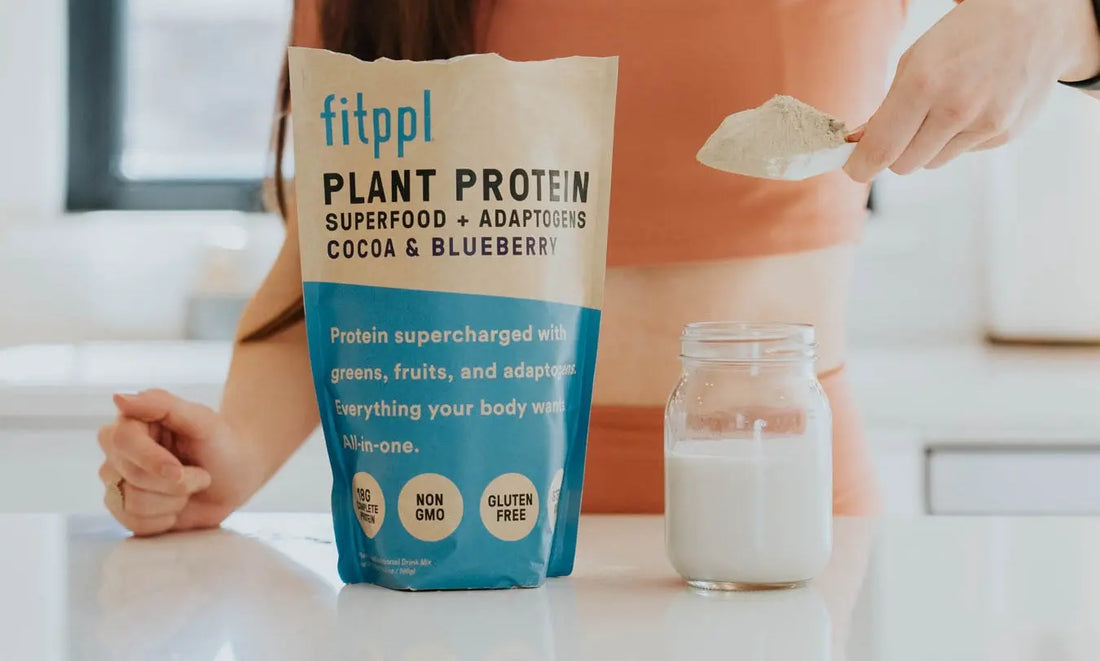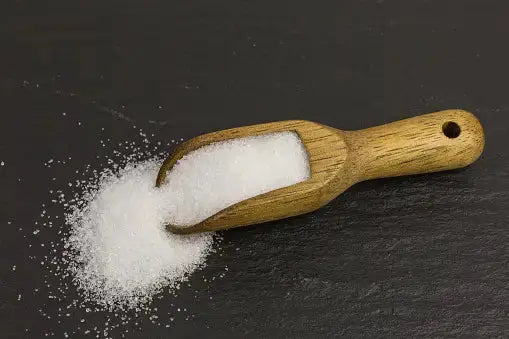When Protein Powder Should Be Taken

Protein is an indispensable nutrient that significantly impacts our overall health and wellness. It serves as a fundamental element in the formation and preservation of our muscles, tissues, and organs, and is instrumental in reaching peak physical performance. Given the growing interest in protein powders, a common question revolves around the most suitable time to take this supplement. This blog post will delve into when protein powder should be taken and the advantages of doing so.
1. POST-WORKOUT RECOVERY
A popular time to enjoy protein powder is right after a workout session. Physical activities, especially resistance training, create tiny tears in our muscle fibers. Ingesting protein within the 30-60 minutes following a workout supplies the necessary amino acids for repairing these fibers, facilitating muscle growth. This critical period is often called the “anabolic window,” during which the body is primed to absorb and use nutrients for muscle repair and development.
2. PRE-WORKOUT FUEL
Although many fitness enthusiasts emphasize post-workout protein intake, research indicates that consuming protein before exercising can also be beneficial. Taking protein 30-60 minutes prior to a workout ensures a stable supply of amino acids, minimizes muscle damage during exercise, and enhances overall performance. Pre-workout protein consumption helps prevent muscle protein breakdown and promotes muscle synthesis, resulting in improved gains over time.
3. UPON WAKING
Many plant-based protein powders are fortified with important nutrients such as vitamins and minerals, making them an even more nutrient-dense option. This can help you meet your daily nutrient requirements and support overall health.
4. BEFORE BED
Ingesting protein before bedtime can contribute to muscle recovery and development. Slow-digesting proteins are particularly effective during this time. These proteins are gradually digested and absorbed, delivering a steady release of amino acids throughout the night, encouraging muscle protein synthesis, and reducing muscle breakdown as you sleep.
5. AS A MEAL REPLACEMENT OR SNACK
Protein powder can serve as an excellent alternative for a quick meal replacement or a wholesome snack, particularly for individuals with hectic schedules. Replacing a meal or snack with a protein shake can help manage hunger, stabilize blood sugar levels, and support weight maintenance. Moreover, it ensures you meet your daily protein needs, which is essential for overall health and wellness.
When protein powder should be taken depends on your personal objectives, preferences, and daily routine. For most individuals, taking protein around workout sessions, in the morning, and before bed can optimize muscle growth, recovery, and overall performance. It’s important to note that protein powders should complement a well-balanced diet rather than replace whole foods. Try various timing strategies to discover what works best for you, and always consult a healthcare professional or registered dietitian for tailored advice.










